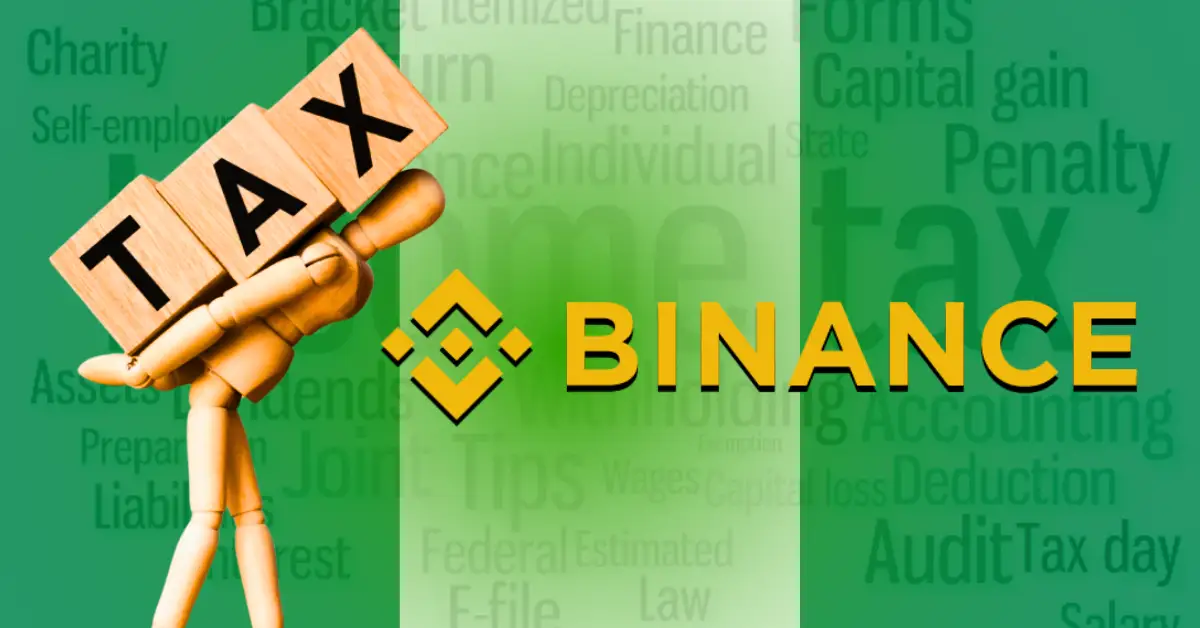
A Nigerian court has pushed back Binance’s tax evasion case to April 30, giving the country’s tax agency more time to respond to the crypto giant’s legal defense. This is the latest twist in a growing standoff between one of the world’s biggest crypto platforms and a government that’s cracking down hard.
At the center of it all? Billions in taxes, legal loopholes, and serious questions about how digital finance fits into a country’s economy.
Here’s what’s really going on.
Nigeria’s Federal Inland Revenue Service (FIRS) is accusing Binance
FIRS argues that Binance has a significant economic presence in Nigeria and should have paid corporate taxes for the years 2022 and 2023. In addition, the agency is asking for a 10% yearly penalty on the overdue tax amounts.
Binance has pushed back on the case, saying it wasn’t properly notified. The company’s lawyer argued that because Binance is based in the Cayman Islands and has no physical office in Nigeria, the tax authority needed special court approval to send legal documents by email.
As a result, the court postponed the hearing to give FIRS time to formally reply to Binance’s objection. At the next session, the tax agency is expected to defend its use of email to serve legal papers to the offshore company.
This case is part of Nigeria’s broader effort to tighten control over cryptocurrency platforms. Authorities believe that crypto exchanges are disrupting the country’s currency market. In 2024, two Binance executives were detained during an investigation into crypto trades involving the Nigerian naira.
Officials say that Binance’s platform allows people to trade the naira in ways that reduce its value and make it easier for money to leave the country. This, they claim, hurts the local economy.
In early 2024, Nigeria’s Central Bank said it found $26 billion in unknown user transactions flowing through Binance. This raised concerns and led authorities to request information on Binance’s top 100 Nigerian users and their trading activity over the past six months.
In response, Binance shut down its peer-to-peer (P2P) trading service in Nigeria on February 20. The company said the decision was due to system abuse and unpredictable currency movements. Around the same time, the Nigerian government blocked access to Binance’s website.
April 30 Hearing Could Be a Turning Point
The upcoming court hearing on April 30 is expected to be a major moment in Binance’s legal fight. The case highlights the ongoing tension between the rapid growth of crypto platforms and tighter financial rules in countries like Nigeria.
Even though Binance is not officially licensed in Nigeria, many Nigerians still use it to trade digital assets and stablecoins.
Whatever happens in court, one thing’s clear – Nigeria and Binance are now locked in a standoff that’s about more than just taxes.
As Bitcoin and Ethereum regain bullish momentum, whales are quietly accumulating a new batch of…
The Pi Network price has undergone a strong breakout, rallying over 8% since the early…
Pi Network coin price has surprised many traders today by rising nearly 8% and reaching…
India’s two largest crypto exchanges, WazirX in 2024 and now CoinDCX in 2025, have both…
The U.S. financial world is buzzing after Bill Pulte, director of the Federal Housing Finance…
R0AR, the Web3 ecosystem powering the $1R0R token, has rebounded from a recent security incident…